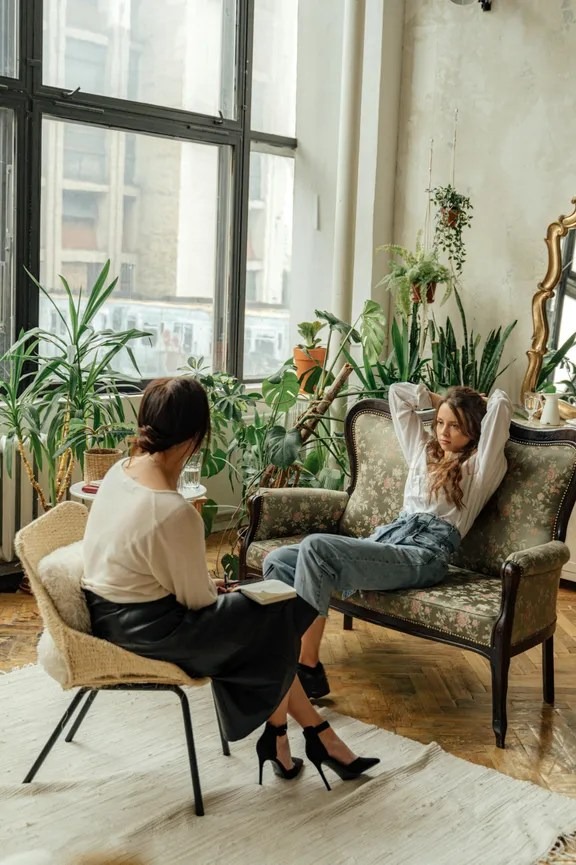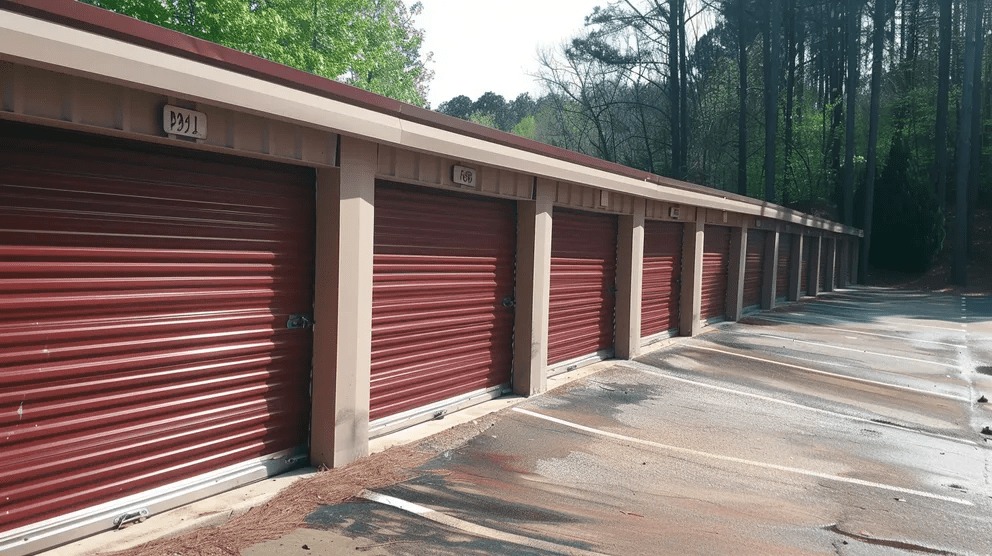Janet had always been a difficult daughter, never showing much care for her family. Self-centered and distant, she acted more like a rebellious teenager than the 24-year-old woman she was. Her strained relationship with her mother, Helen, worsened after her grandmother, Judith, passed away. While Helen was heartbroken by the loss of her mother, Janet barely seemed to care, even skipping the funeral.

One afternoon, Helen approached Janet, who was lounging on the couch, scrolling through her phone. “Have you decided what you’re going to do with the storage unit your grandmother left you?” Helen asked, her voice tinged with frustration and sadness.
Janet barely looked up. “It’s probably just old junk. I don’t even know why she left it to me,” she muttered dismissively.
Helen’s irritation was barely concealed. “That ‘old junk’ belonged to your grandmother,” she reminded her. “It might have sentimental value. You should at least go check it out.”
Reluctantly, Janet agreed, but only to prevent her brother Simon from getting anything else. The next day, she drove to the storage unit, her mood sour. Upon opening it, she was greeted by a cloud of dust and piles of old, forgotten items—furniture, dusty boxes, and other seemingly worthless belongings.

“This is a waste of time,” she muttered, shuffling through a few boxes of chipped dishes and yellowed papers.
Just as she was about to leave, an elderly man appeared and offered to buy the entire unit for $1,000. Eager to make quick money, Janet jumped at the opportunity, relieved to be rid of the hassle.
Later that day, Janet watched the news and froze. The man she had sold the storage unit to was being interviewed, announcing that he had uncovered a fortune of valuable antiques worth millions. Shocked and horrified, Janet realized her mistake.

When Helen found out, she delivered a harsh lesson: “You need to start valuing what matters. It’s time for you to grow up.”





